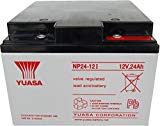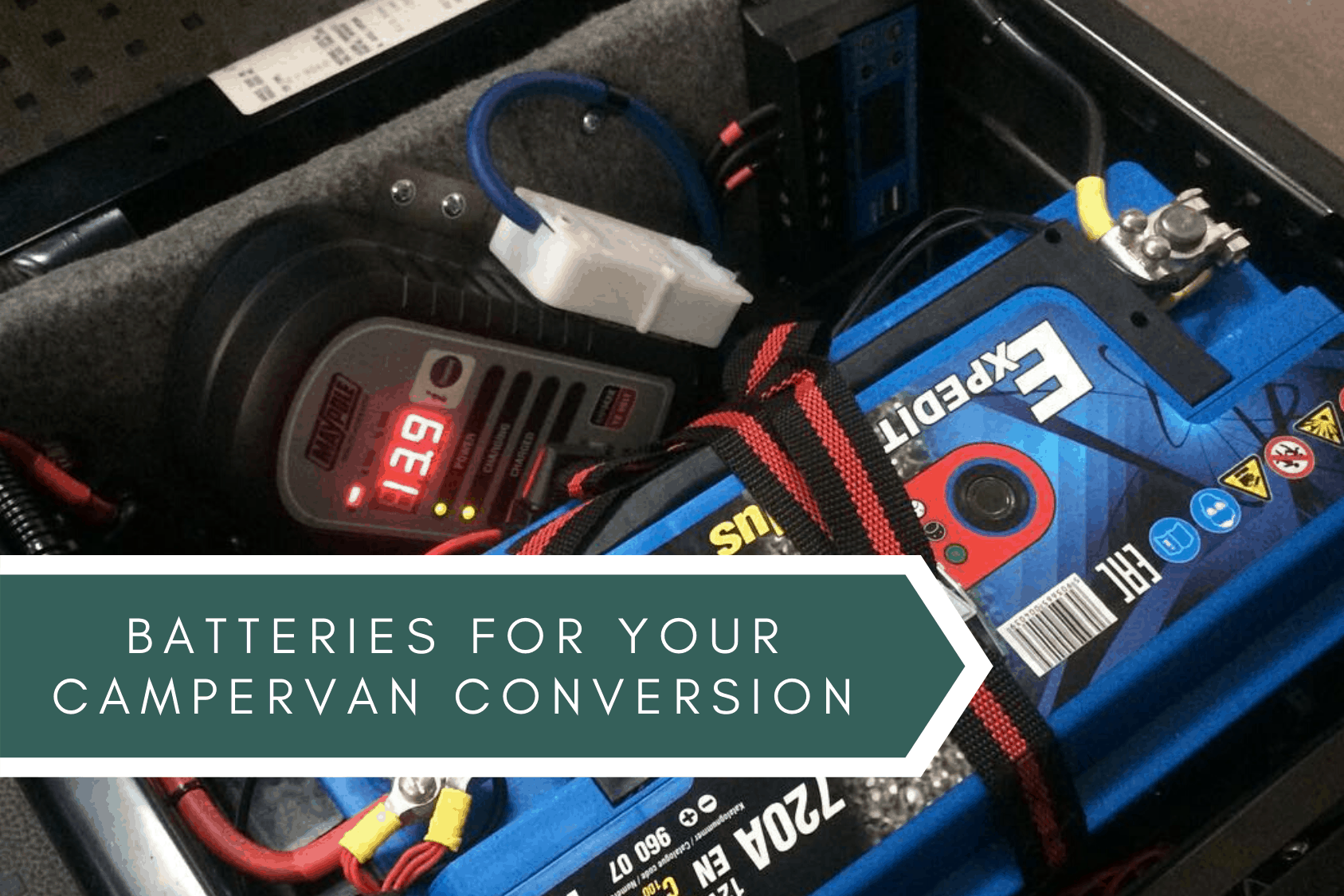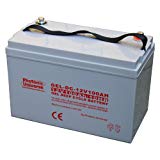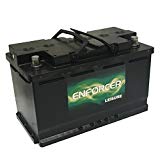If you’re anything like us when it comes to your campervan conversion you are absolutely dreading getting to the electrics in your van. It seems extremely daunting and the fact that it could potentially be dangerous is a constant worry. There are so many questions to ask and tonnes of differing opinions on all aspects. With that in mind we thought it be best to start at the very beginning and give you a break down of what type of batteries you can use in your campervan conversion and why you might want to use each type.
Why do you even need a leisure battery?
I guess this really is the first question you might ask when you are doing your van conversion, why do you need to spend over £100 on a battery for your van when it already comes with one. Well put simply, if you want to run any actual electrics inside your van you need a leisure battery, the main reason being that you don’t want to use all the power from your starter battery otherwise you won’t be able to start the van. So now we know why you need one lets have a look at the types you have to choose from
Lead Acid Battery
A lead acid battery is the most affordable type of battery you can use in your campervan conversion. The trade off you get with this affordability is that they require regular maintenance as well as a little work when installing to ensure they are completely safe.
Lead acid batteries work thanks to compartments filled with an active fluid. This fluid reacts with the battery which is how power is stored and utilised. A side effect of this is that a highly flammable gas is produced which, as you can imagine, is remarkably dangerous especially inside the small confined space of a van. When installing your lead acid battery you will need to install a vent so that this gas can easily escape from the van and not cause a build up. Along with this you need to regularly top up the fluid inside the battery to ensure it continues to work efficiently.

Key facts:
- Cheapest option
- Requires maintenance
- Needs venting
Gel Battery
Unlike a lead acid battery the compartments of a gel battery are filled with gel and are sealed. This means that this issues which plague a lead acid battery aren’t present with a gel battery. You don’t need to vent them thanks to their seal and you are not required to top up the gel for them to continue to work effectively.
The benefits of a maintenance free battery comes at a cost and that is the additional price of a gel battery compared to a lead acid battery. The question is whether you believe the ease of use with a gel battery outweighs the savings you make over a lead acid battery.
Key facts:
- Maintenance free
- Higher price
- Easy to install
AGM Battery
Similar to a gel battery an AGM battery is a maintenance free choice for your campervan conversion. Rather than using gel to fill the compartments of the battery glass is used. This has the same effect as the gel in that it completely seals the battery eliminating the need for venting and topping up of fluid. AGM batteries come at a higher price than a gel battery due to the fact that are deep cycle batteries. Deep cycling means that you are able to discharge your battery to a much lower percentage essentially getting more power from your battery bank before you need to recharge.
One additional benefit of an AGM battery is its ability to cope with high voltages which means that they can be used as a starter battery for your van should any issues arise with your vans normal starter battery. This additional functionality comes at an increased cost as the AGM battery is the most expensive of these 3 batteries.
Key facts:
- Maintenance free
- Higher price
- Deep Cycle
All of the above options are a great choice for a campervan conversion and you really can’t go wrong with any of the 3. Which of them you choose really depends on your budget and how much maintenance you want to have to undertake. For all of our conversions we have tended towards the AGM batteries due to their deep cycle abilities and the fact that they work better at lower temperatures compared to the lead acid and gel batteries; which is an absolute must for van living in the UK.
Which battery did you choose for your campervan conversion and why? Let us know


